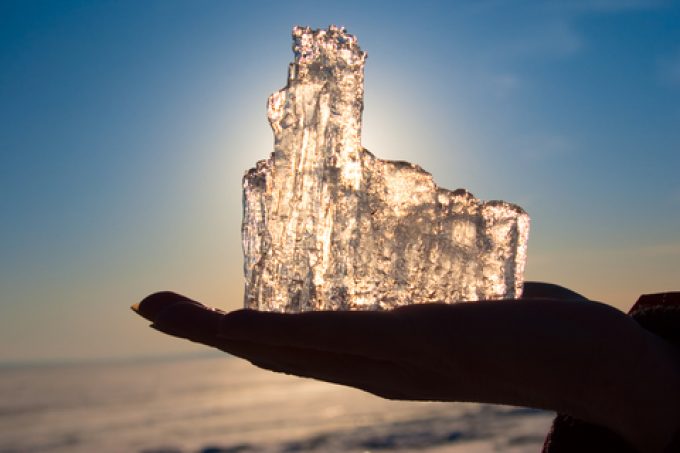Proposal for IMO-controlled shipping decarbonisation fund gains traction
Some 47 governments and industry groups are lobbying the International Maritime Organization (IMO) to implement ...

Crises, challenges and competitiveness, according to the strapline for the Cyprus Maritime Conference, are the three Cs shaping the development of shipping and logistics.
But chaos, confusion and collaboration, in a world struggling with transition, would also work.
Trade is governed by the economic structures of the neo-liberal west, which dominate (chaos) the regulatory framework (confusion), and the technological constraints which require a level of collaboration between competing entities rarely seen – but these are beginning to show signs of bearing fruit.
For ...
'Disastrous' DSV-Schenker merger would 'disrupt European haulage market'
New senior management for DSV as it readies for DB Schenker takeover
Volumes set to 'fall off a cliff' as US firms hit the brakes on sourcing and bookings
Asian exporters scramble for ships and boxes to beat 90-day tariff pause
Amazon pushes into LTL for small package fulfilment and UPS does a u-turn
Temporary tariff relief brings on early transpacific peak season
Pre-tariff rush of goods from US to China sees air rates soar, but not for long
Forwarders 'allowing the fox into the chicken run' by supporting 'hungry' carriers

Comment on this article